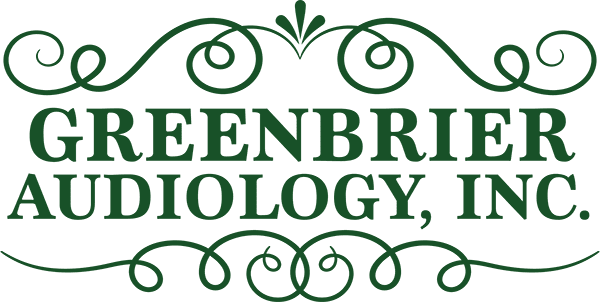Services
Assistive Listening Devices
What are Assistive Devices?
The terms assistive device or assistive technology can refer to any device that helps a person with hearing loss or a voice, speech, or language disorder to communicate. These terms often refer to devices that help a person to hear and understand what is being said more clearly or to express thoughts more easily. With the development of digital and wireless technologies, more and more devices are becoming available to help people with hearing, voice, speech, and language disorders communicate more meaningfully and participate more fully in their daily lives.
Where Can ALD’s be Used?
Theaters & Courtrooms
Classrooms & Lecture Halls
Places of Worship
In the home
Restaurants
Types of Assistive Devices
Assistive Listening Devices (ALDs)
These devices help amplify the sounds you want to hear, especially where there’s a lot of background noise. ALDs can be used with a hearing aid or cochlear implant to help a wearer hear certain sounds better.
Alerting Devices
Alerting devices connect to a doorbell, telephone, or alarm and emit a loud sound or blinking light to let someone with hearing loss know that an event is taking place.
ALD’s work with Hearing Aids to Improve Your Quality of Life
FM Systems
FM systems use radio signals to transmit amplified sounds. They are often used in classrooms, where the instructor wears a small microphone connected to a transmitter and the student wears the receiver, which is tuned to a specific frequency, or channel. People who have a telecoil inside their hearing aid or cochlear implant may also wear a wire around the neck (called a neckloop) or behind their aid or implant (called a silhouette inductor) to convert the signal into magnetic signals that can be picked up directly by the telecoil. FM systems can transmit signals up to 300 feet and are able to be used in many public places. However, because radio signals are able to penetrate walls, listeners in one room may need to listen to a different channel than those in another room to avoid receiving mixed signals. Personal FM systems operate in the same way as larger scale systems and can be used to help people with hearing
Beckley Office
2216 S. Kanawha Street
Beckley, WV 25801
M-F 8:30AM - 4:30PM
Lewisburg Office
206 Dawkins Drive
Lewisburg, WV 24901
M-F 8:30AM - 4:30PM
Elkins Office
9 Eleventh Street
Elkins, WV 26241
304-630-6002
304-630-6003
Crab Orchard Office
1404 Robert C Byrd Drive
Suite 204
Crab Orchard, WV 25827
